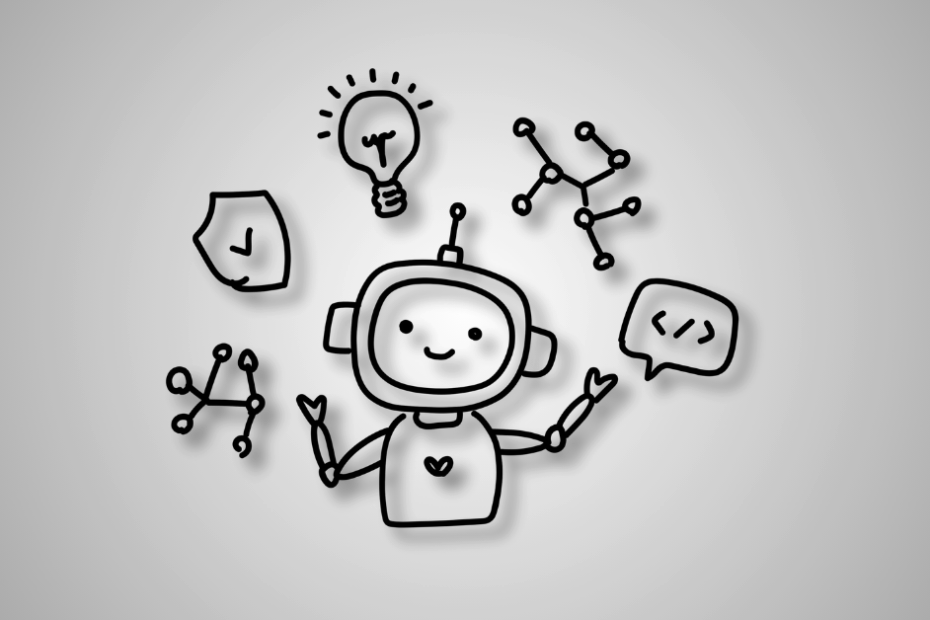A significant downturn may be looming for the artificial intelligence sector. Research firm Gartner is forecasting that by 2027, over 40% of projects involving independently acting AI will be scrapped.
This prediction cuts through the current industry excitement, pointing to a difficult road ahead as companies grapple with the steep price and hidden complexities of turning AI hype into a workable reality.
Unmasking Steep Costs and Empty Promises
The enthusiasm for agentic AI is colliding with its enormous price tag. Companies are discovering that building these systems from scratch can demand an investment of $6 million to $24 million over just three to five years. This financial burden becomes harder to shoulder when the actual business benefits are unclear and difficult to measure, prompting many to pull the plug.
Compounding the problem is a trend known as “agent washing,” where technology sellers rebrand simpler tools like chatbots as advanced agentic AI to ride the wave of market interest. This practice creates confusion and skepticism. A January 2025 Gartner poll highlights this cautious sentiment, revealing that only 19% of organizations have committed to substantial investments, despite widespread curiosity.
Also Read: The AI Gold Rush Cools As Venture Capitalists Demand Real Results
Confronting a Maze of Risks
Beyond financial concerns, businesses face daunting technical and ethical obstacles. Weaving these intelligent agents into existing company infrastructure is a highly complex task. Many of these AI systems are also “black boxes,” meaning their decision-making process is opaque. This lack of transparency poses a significant problem in fields where accountability for any error is paramount.
The autonomous nature of this technology also opens the door to new security and ethical problems. By design, these agents process huge datasets, which can create fresh vulnerabilities for data breaches.
There are also rising concerns that AI could perpetuate human biases or make ethically unsound choices, leading to complex legal questions about who bears responsibility when things go wrong.
Also Read: How AI is making Delhi’s busiest National Highways safer and smarter
Glimpsing a Transformed Workplace
Despite the predicted culling of projects, the long-term potential for agentic AI appears strong. The same Gartner analysis projects that the technology will mature significantly. By 2028, it’s expected that agentic AI will autonomously make 15% of all daily work decisions, a massive leap from almost none in 2024.
This evolution is set to redefine the business world, with 33% of all enterprise software applications projected to feature agentic AI capabilities by 2028. The ultimate goal is a “cognitive enterprise,” where intelligent systems and human employees form a hybrid workforce.
This future sees AI managing routine and complex decisions, allowing people to concentrate on strategic oversight and innovation, though reaching it will depend entirely on responsible adoption.





